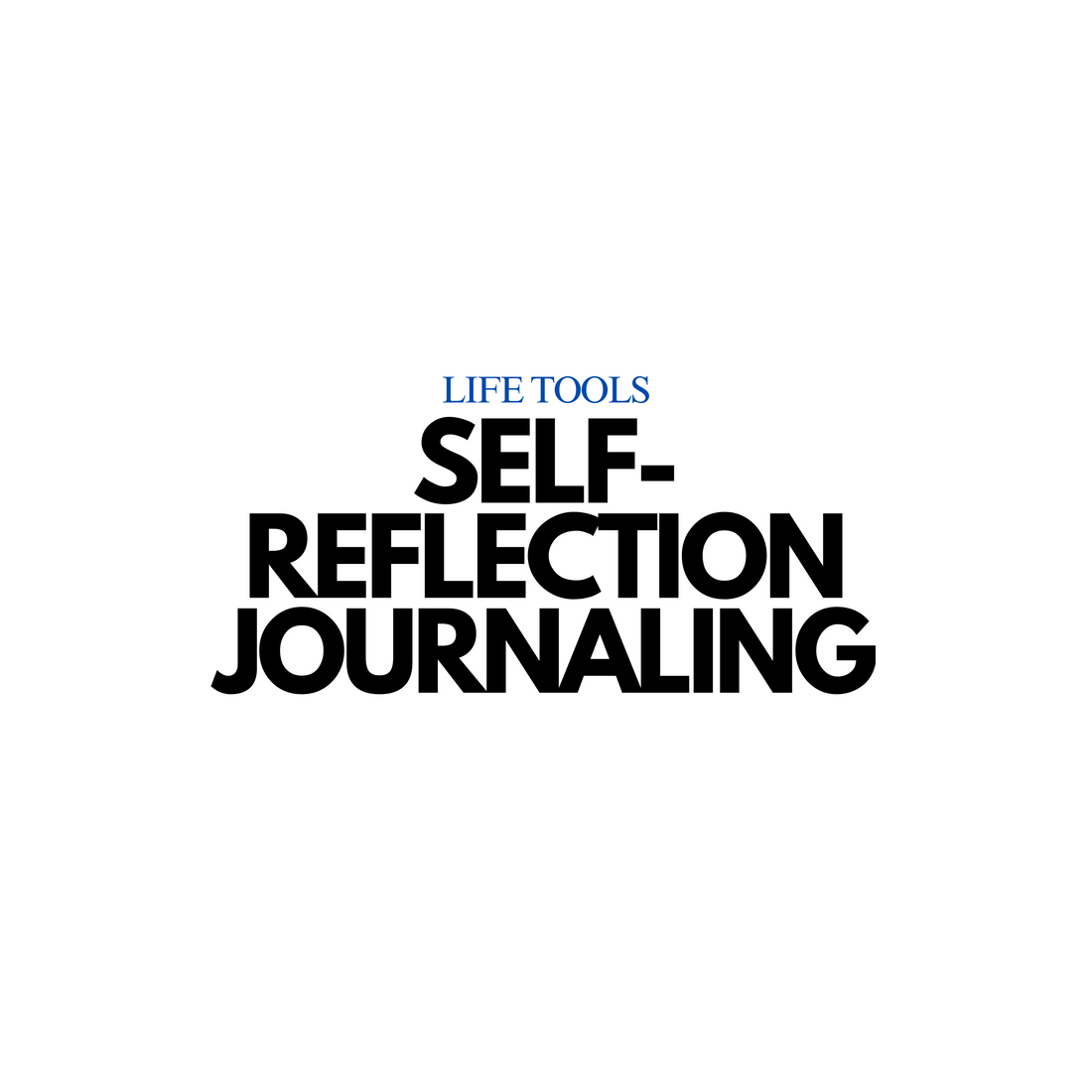
Self-reflection Journaling For Better Understanding
Share
Self-reflection journaling is a powerful practice that involves regularly writing down your thoughts, feelings, experiences, and observations to better understand yourself, your goals, and your progress. It's a tool for gaining insight, improving emotional intelligence, and fostering personal growth.
______________________________________________________________________________________________________
Benefits of Self-Reflection Journaling
-
Increased Self-Awareness:
-
Journaling helps you become more aware of your thoughts, emotions, patterns, and behaviors. It can reveal what’s working in your life and what needs attention.
-
-
Clarification of Goals:
-
Writing about your aspirations allows you to clarify your goals, reflect on what you truly want, and measure how far you’ve come.
-
-
Emotional Regulation:
-
Journaling helps you process emotions and reduce stress. It’s like having a conversation with yourself, which can provide clarity and emotional release.
-
-
Problem-Solving:
-
Writing down challenges and solutions helps activate the brain’s problem-solving abilities. Journals can act as “thinking spaces” to brainstorm solutions.
-
-
Track Personal Growth:
-
Looking back on past entries provides a sense of progress, highlighting how much you've learned and evolved over time.
-
_____________________________________________________________________________________________________
How to Start Self-Reflection Journaling
-
Set an Intention:
-
Determine why you’re journaling. Are you seeking personal growth, emotional healing, or just a creative outlet? Your purpose will shape your journaling practice.
-
-
Create a Consistent Routine:
-
Aim for daily or weekly journaling to make it a habit. Even 10–15 minutes a day can be impactful.
-
-
Choose Your Medium:
-
Whether it's a physical notebook, a digital document, or a journaling app, pick something that feels comfortable and easy to access.
-
-
Write Freely:
-
Don’t worry about grammar or structure. The goal is to express yourself honestly and without judgment. Allow your thoughts to flow naturally.
-
______________________________________________________________________________________________________
Common Prompts for Self-Reflection Journaling
1. Emotional Awareness:
-
How am I feeling today, and why?
-
What triggered my emotions today?
-
What is something I’ve been avoiding, and why?
2. Gratitude Practice:
-
What am I grateful for today?
-
What are three positive things that happened today?
3. Goal Setting and Review:
-
What are my current goals, and how am I progressing toward them?
-
What obstacles am I facing, and how can I overcome them?
4. Personal Growth:
-
What is something I’ve learned recently?
-
What’s a lesson I’ve learned from a difficult experience?
-
How did I respond to challenges today, and what could I have done differently?
5. Values and Purpose:
-
What do I value most in life?
-
Am I living in alignment with my values and purpose?
-
What does my ideal life look like?
6. Reflection on Relationships:
-
How do I feel about my relationships right now?
-
What’s one thing I can do to improve my relationships?
-
What boundaries do I need to set to protect my well-being?
7. Self-Care and Wellness:
-
What self-care practices do I need to prioritize?
-
How do I take care of my physical, mental, and emotional health?
-
What is one small step I can take today to feel more balanced?
______________________________________________________________________________________________________
How to Use Your Journal for Self-Improvement
-
Review and Reflect:
-
Periodically revisit old journal entries to track patterns in your thoughts and emotions. You might notice changes in your mindset, habits, or goals.
-
-
Set Intentions:
-
Use your journal to set clear, actionable intentions for the week or month. Reflect on what you want to achieve and why.
-
-
Make Connections:
-
Writing can help you see connections between past experiences and present circumstances. It can be a powerful tool for linking thoughts with actions.
-
-
Celebrate Wins:
-
Don’t just focus on challenges. Acknowledge your successes, no matter how small. Celebrate your growth and progress.
-
_____________________________________________________________________________________________________
Tips for Effective Self-Reflection Journaling
-
Be Honest: Write freely and without self-judgment. This is your private space, so be as raw and authentic as possible.
-
Don’t Overthink: The point is to write without overanalyzing. Just let your thoughts flow.
-
Use Prompts if Stuck: If you’re unsure what to write about, use prompts to get started.
-
Stay Consistent: Try to make journaling a regular habit for maximum benefits. Even if it’s just a sentence or two, consistency matters.
______________________________________________________________________________________________________
Examples of Journaling Formats
-
Stream of Consciousness: Write whatever comes to your mind without worrying about structure.
-
Bullet Journaling: Use short, bulleted lists to summarize your thoughts, feelings, or events of the day.
-
Gratitude Journaling: Focus entirely on the positive aspects of your day, noting what you’re grateful for.
-
Reflective Journaling: Write about specific events and reflect on how they impacted you emotionally or mentally.
______________________________________________________________________________________________________
